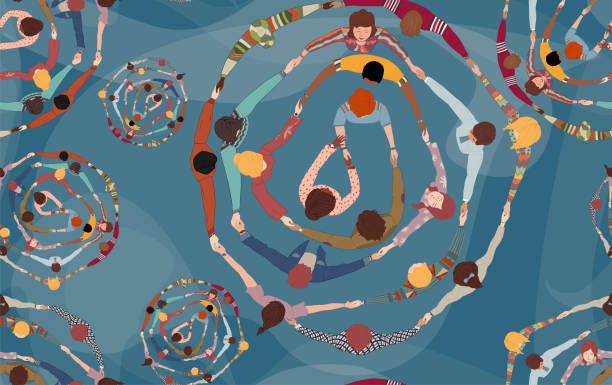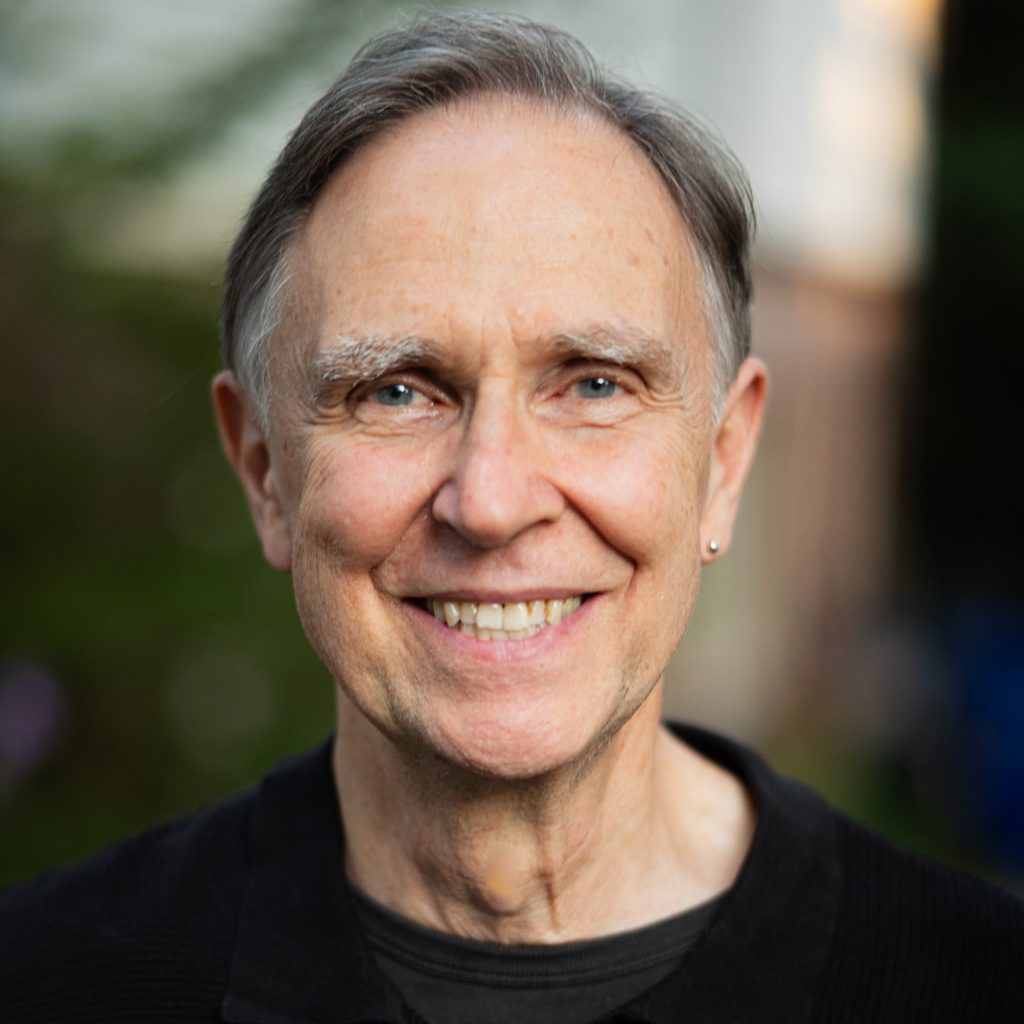Opinion: Envisioning the U.S. We Want

Photo: istock
Love, Justice and Climate Change

We can’t possibly know what is going to happen in our political life in the U.S. We could see voters repudiate Trump and take power in Congress away from the MAGA leaders in the 2026 election, or we could see troops in the streets and a fake, corrupt, fixed election that solidifies fascist authoritarianism. In any case, it’s going to take a long time for our country to recover from what is happening now.
I think it’s important that we build a powerful vision now of what we want on the other side of the current debacle. I don’t think we want to go back to what we had in the last few decades. While it may have been preferable to the rising fascism of today, it was not what most people needed. From 1975 – 2023 our economy moved $79 trillion from the working and middle classes to the top 1%. Millions of people here in the richest county in the world have been suffering from hunger, lack of health care, houselessness, and economic insecurity for years. We want to aim for a society that works better than that.
There are many ways to think about this and to organize our priorities. I believe the following three principles should undergird our work to establish democracy, address the climate crisis, and build a society that works for everyone.
Eliminate the extreme Concentration of Wealth
One, we must eliminate the extreme concentration of wealth in the hands of a few. In the United States the top 0.1% have more wealth than the bottom 50%. The top 10% have added an additional $40 trillion to their wealth since 2020 – that’s almost 10 times the total wealth of the bottom 50%. Wealth is created by everyone who works (whether that work is paid or unpaid). Our current system moves the bulk of the wealth to a very small minority at the top. It is time to redistribute that wealth so it is shared much more equally among everyone in the country.
We need to take this wealth away from the ultra-rich for two primary reasons. First, this much wealth has led to tremendous corruption and domination of our politics by a tiny ultra-wealthy portion of the population. We cannot have democracy or climate action while people and corporations with this much wealth are dedicated to preserving their own power and wealth rather than to the common good. Second, this money is needed by the people of the country so we can have adequate health care, housing, food, climate action, education, and economic security for everyone.
Make Decisions on the Basis of the Common Good, Not Profit and Greed
Two, we need to make changes in our economic system so that economic decisions are guided by the common good, instead of being based on profit. Profit-seeking alone (distorted by the manipulations of the wealthy) leads to decisions that are not in the public interest. (The expansion of fossil fuel production, AI, and the building of horribly polluting chemical plants are current examples.) On the other hand, there is a long history, going back to the 1800’s, of government subsidies being used to promote the building of canals and railroads for the good of the whole country. There is no reason not to use federal funds now to promote needed climate action, equity, and affordability. We can require corporations to include the public welfare as well as stockholder profits in their decision-making. There are many needs and lots of wealth; it’s time to use that wealth to address the needs.
I think basing decision-making on the common good will lead to very different national decisions about health care, gun control, housing, reproductive rights, racism, immigration, education, LGBQT+ rights, voting rights, the climate crisis, international relations. and other important issues.
The two principles above might be sufficient to reorganize our economy for everyone’s welfare. I decided, though, that I’d like to be explicit about one more principle.
Eliminate Poverty, Houselessness, and Hunger
Three, in the wealthiest country in the world, it’s time to eliminate poverty, houselessness, and hunger for everyone. “The true measure of any society can be found in how it treats its most vulnerable members,” is a quote often attributed to Mahatma Ghandi. Whether Ghandi actually said this or not is a matter of some debate, but the wisdom of the statement stands, regardless, in my opinion. Providing an adequate standard of living for everyone is not a new idea in the United States. In 1969 Republican President Richard Nixon, (before he was discredited by the Watergate scandal) actually proposed a national minimum guaranteed income for all Americans, to replace existing welfare programs. It failed to pass Congress, but it garnered major support across the country. Over 1,200 leading economists endorsed the plan at the time.
A Better World is Possible
All of these ideas will be challenging to implement, of course. They will require organizing and struggle. But we are in a time when there is widespread understanding that the current system is not working. The excessive control billionaires have over our government has been exposed and is widely viewed as harmful. More people than ever appear ready for change. As it says on one of my favorite t-shirts, “A better world is possible.”
If you want to see thousands cheering for some of these ideas as they are articulated by Alexandria Ocasio-Cortez, current member of the House of Representatives, check out this 2-minute video of her on the Fighting Oligarchy tour with Bernie Sanders.
Russ Vernon-Jones was principal of Fort River School 1990-2008 and is currently a member of the Steering Committee of Climate Action Now-Western Massachusetts. He blogs regularly on climate justice at www.russvernonjones.org.
